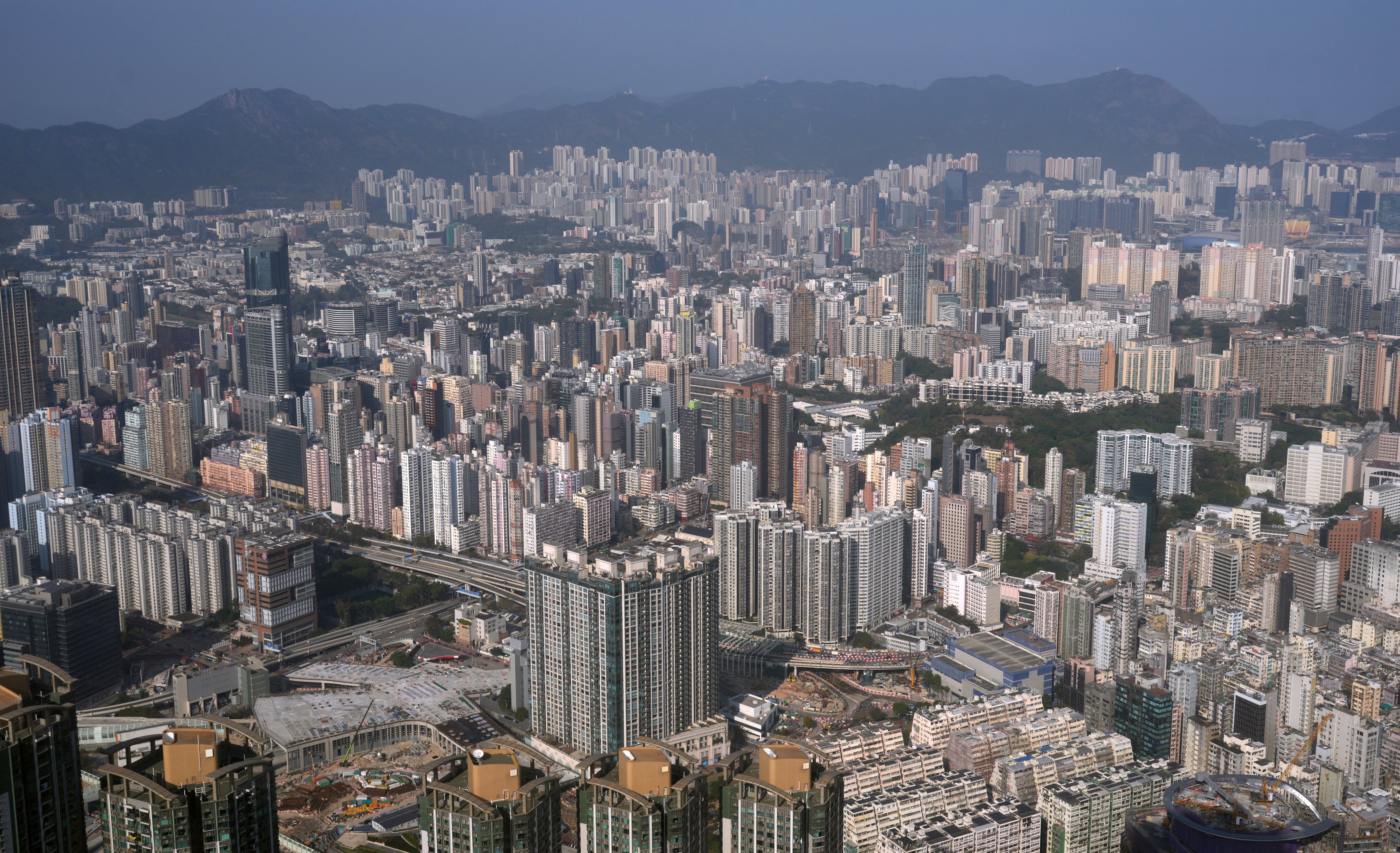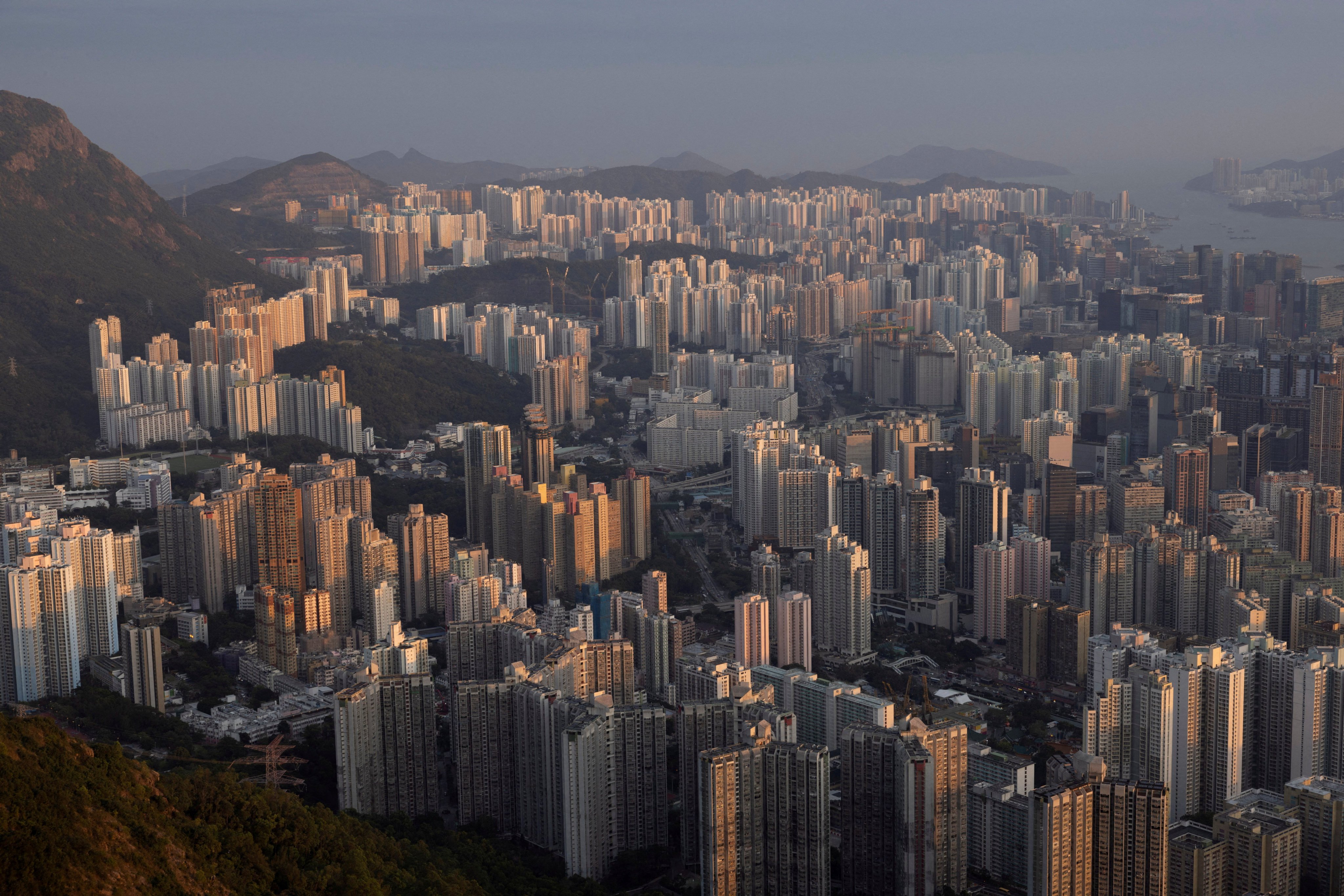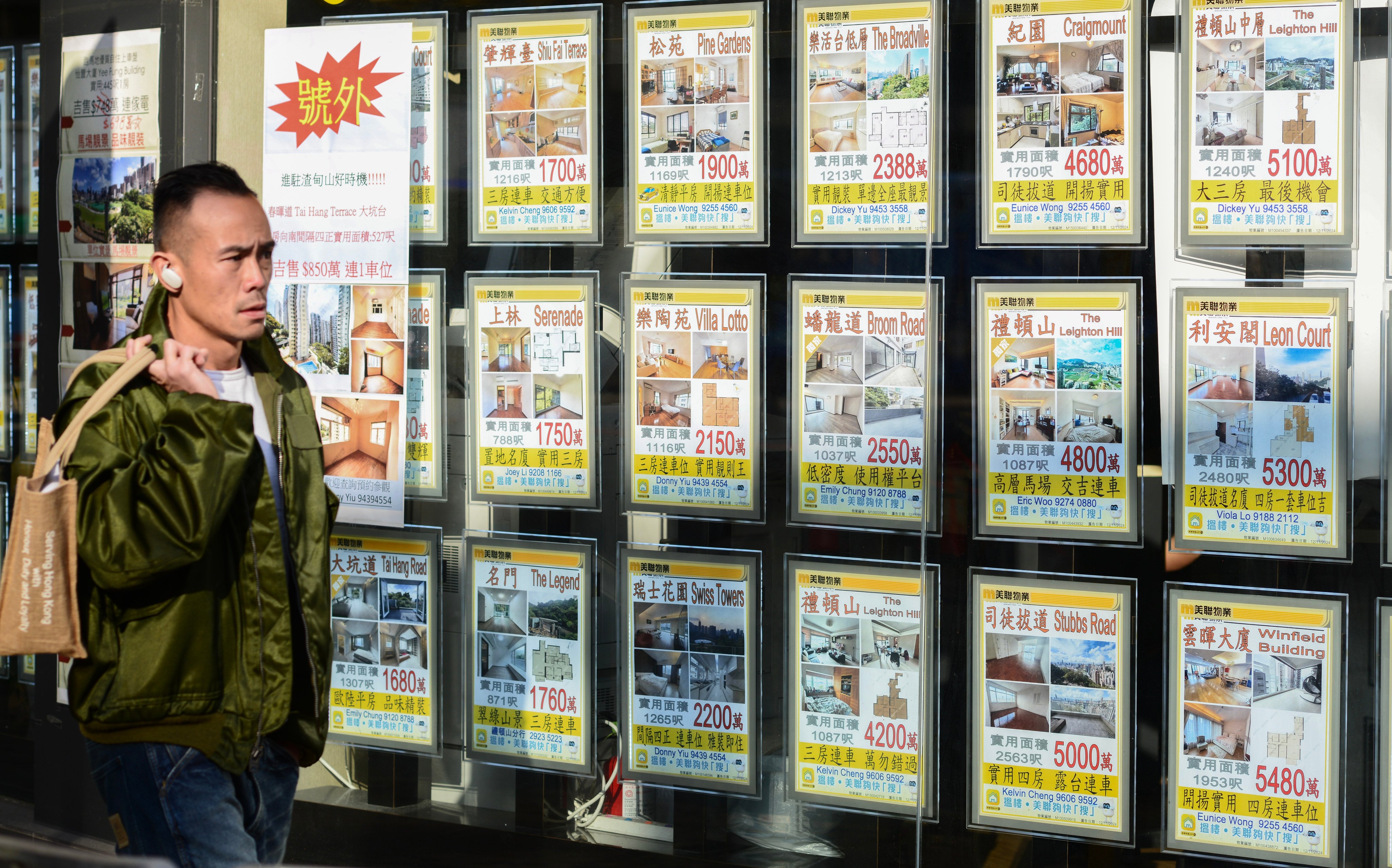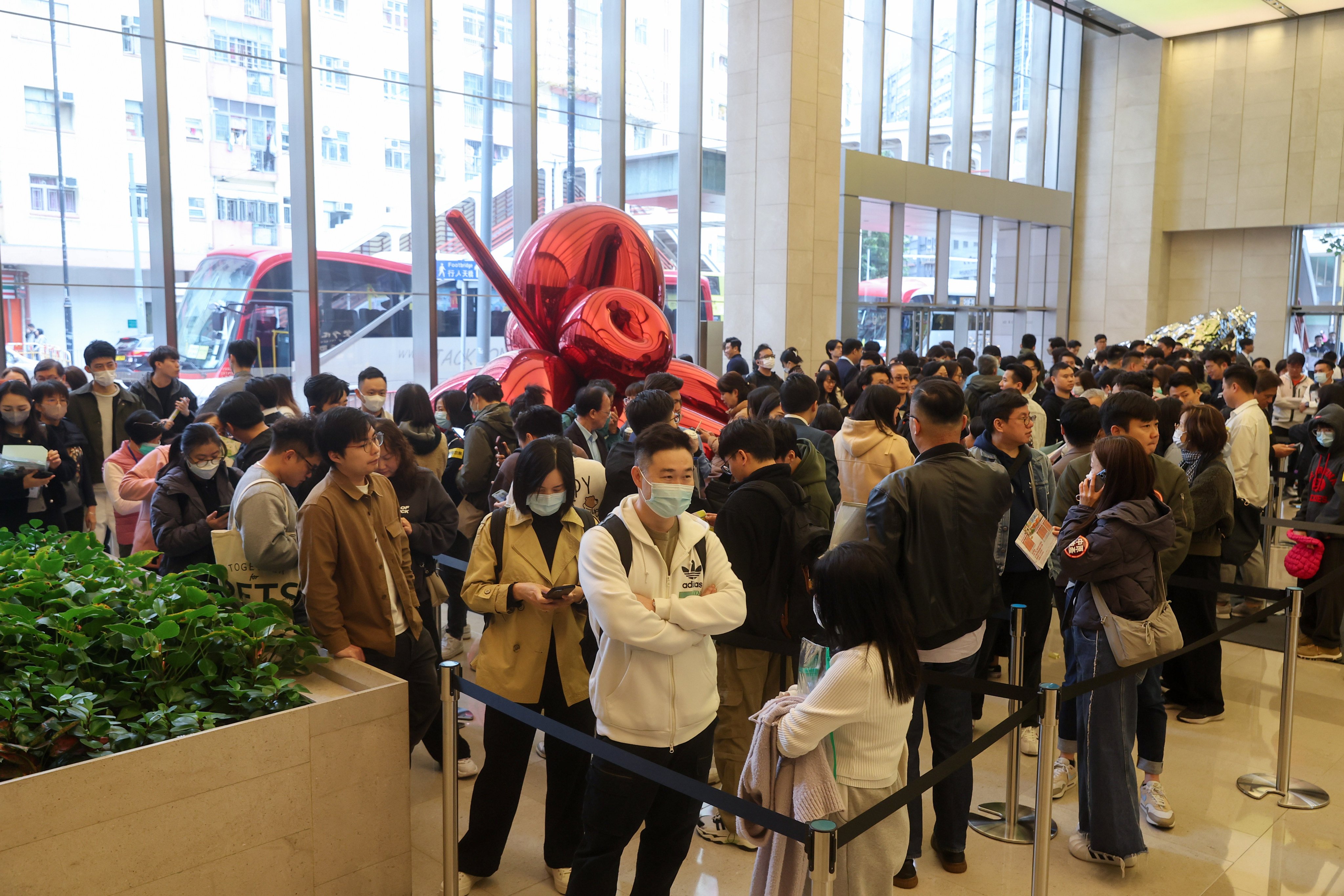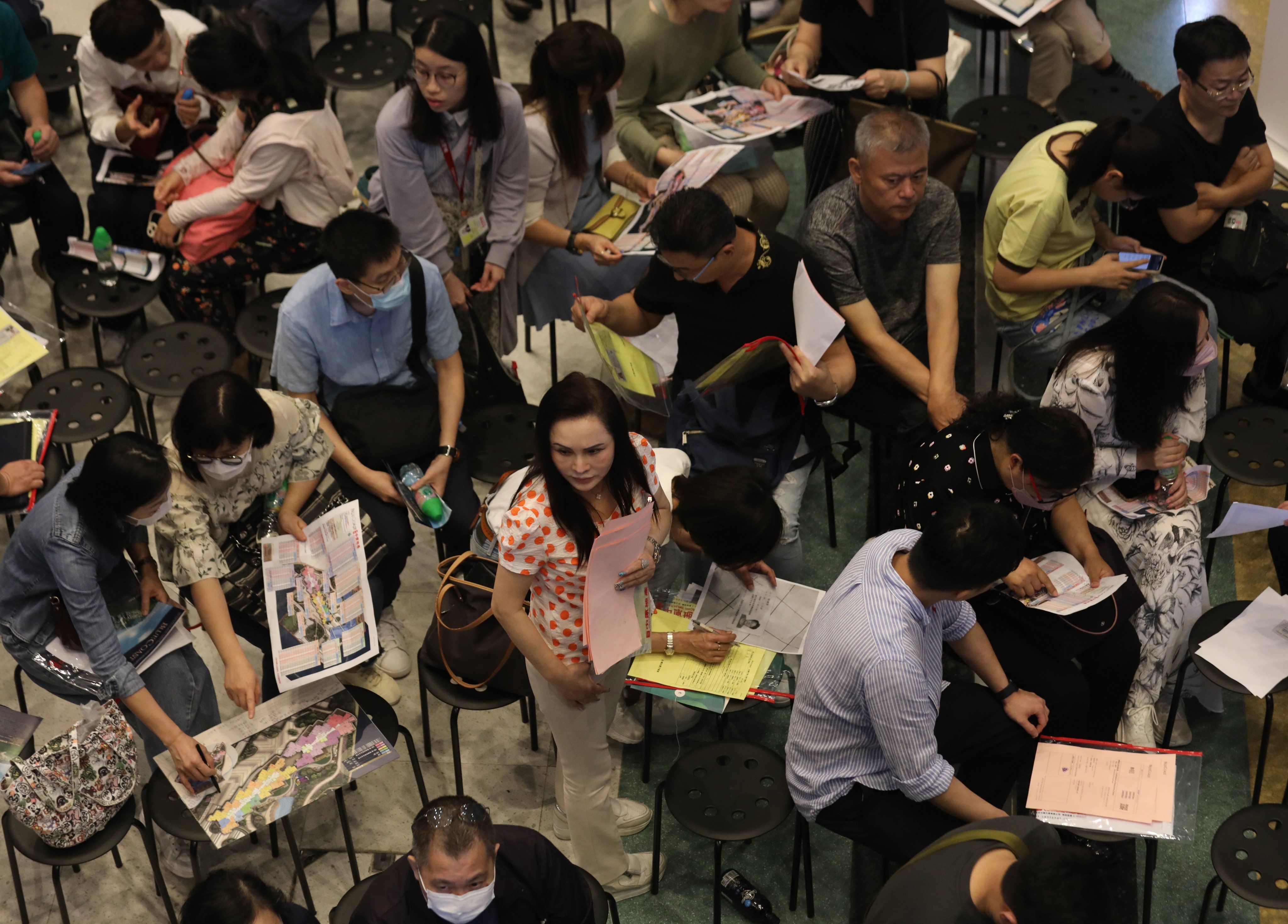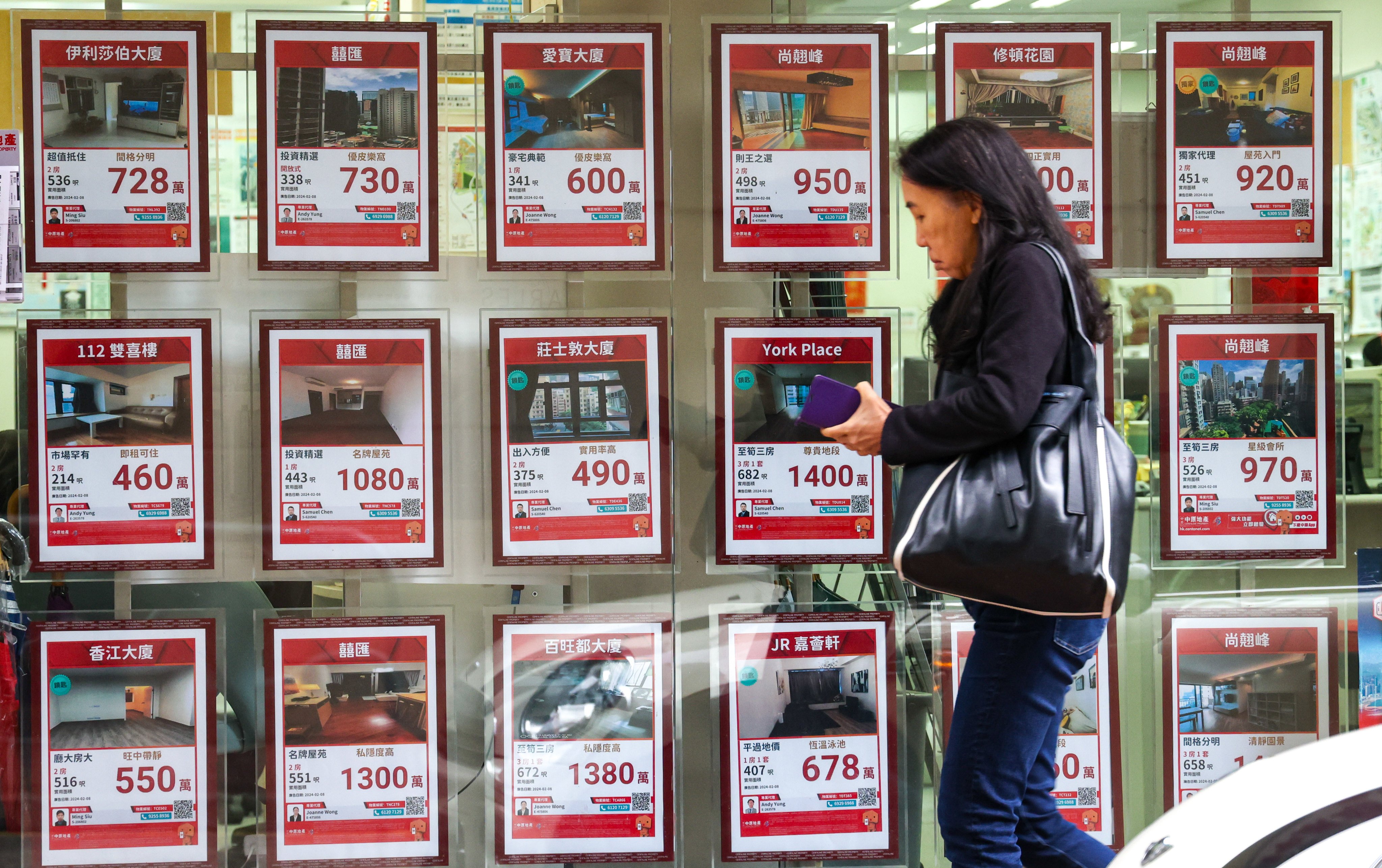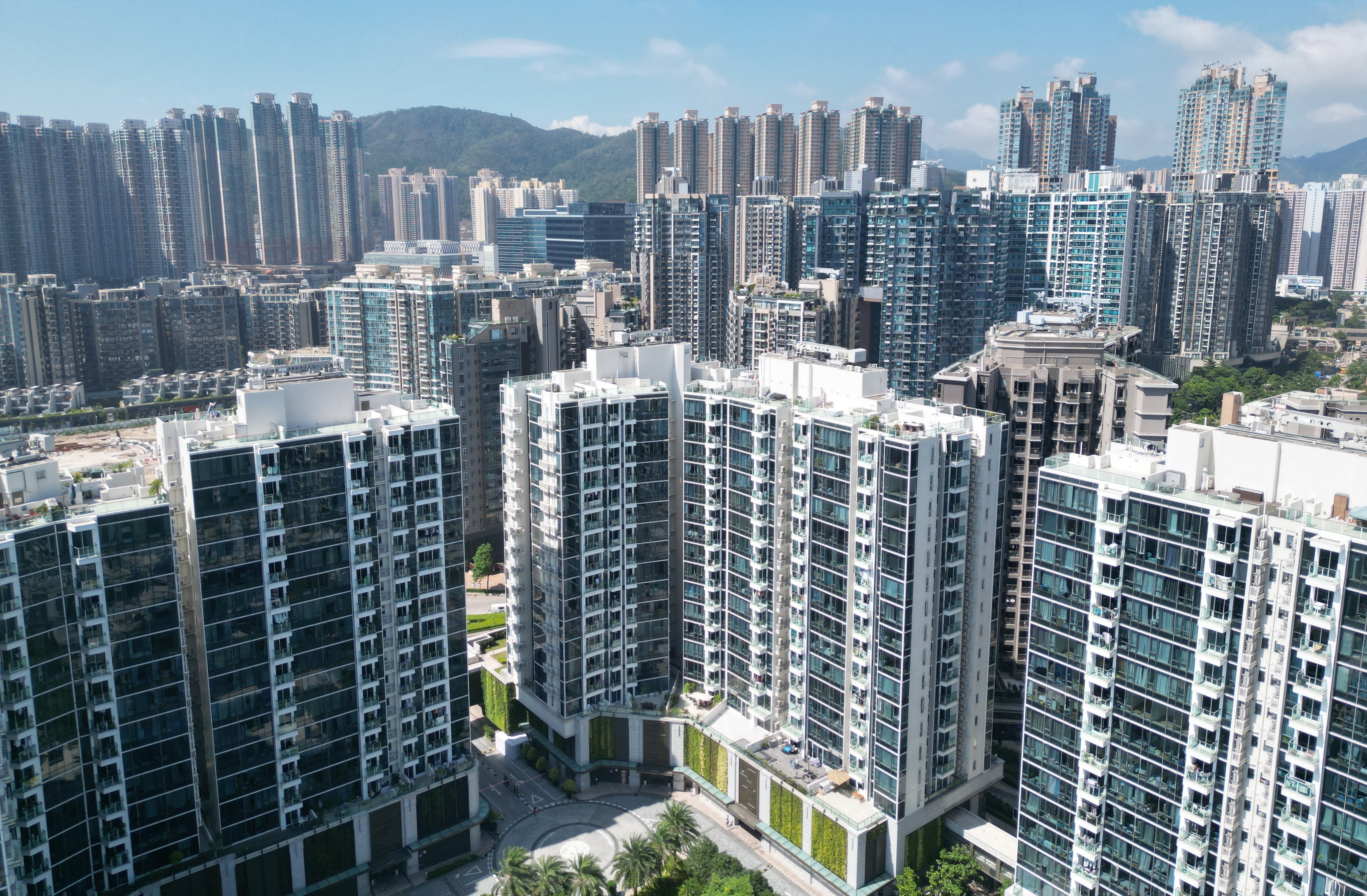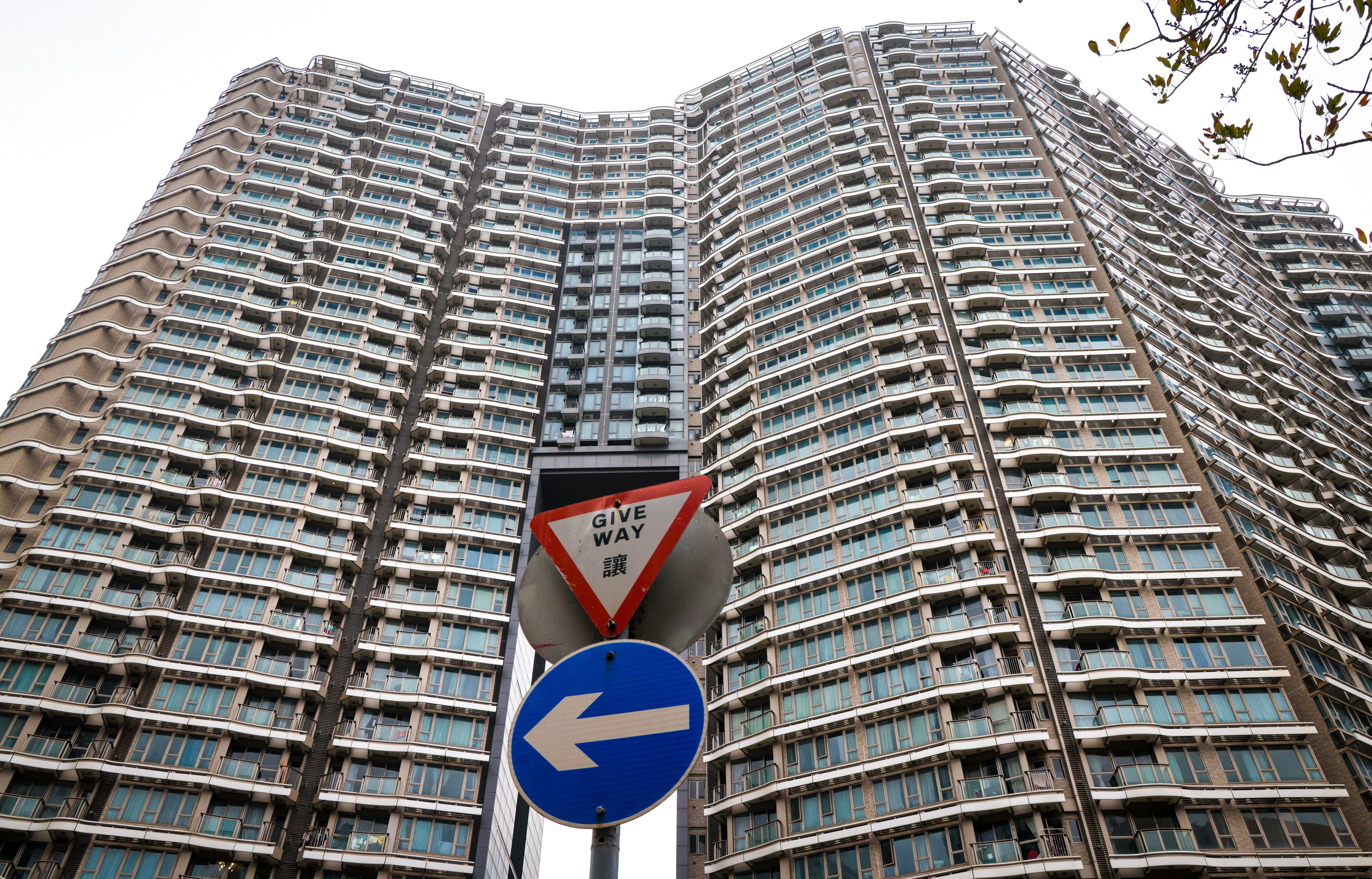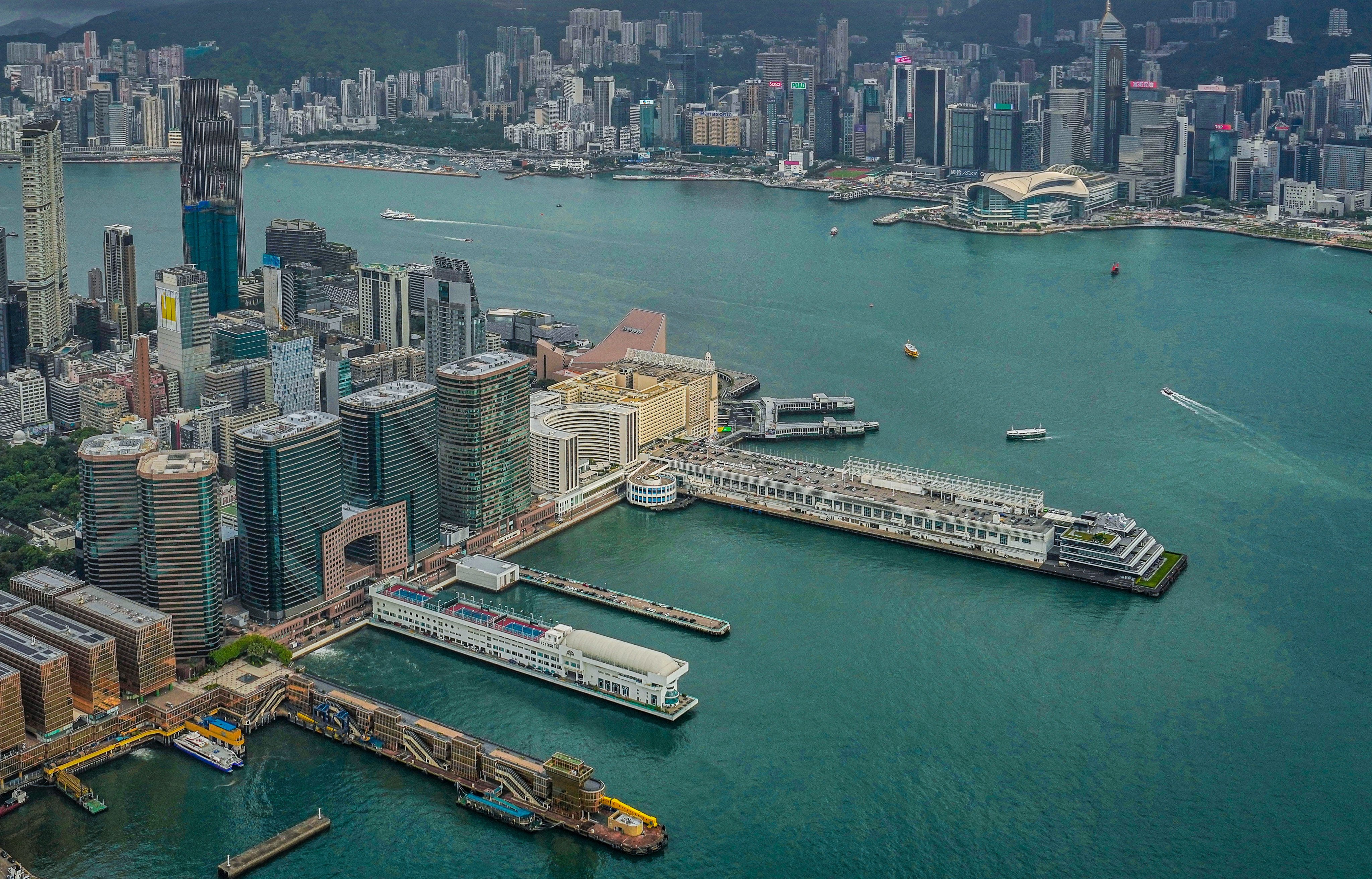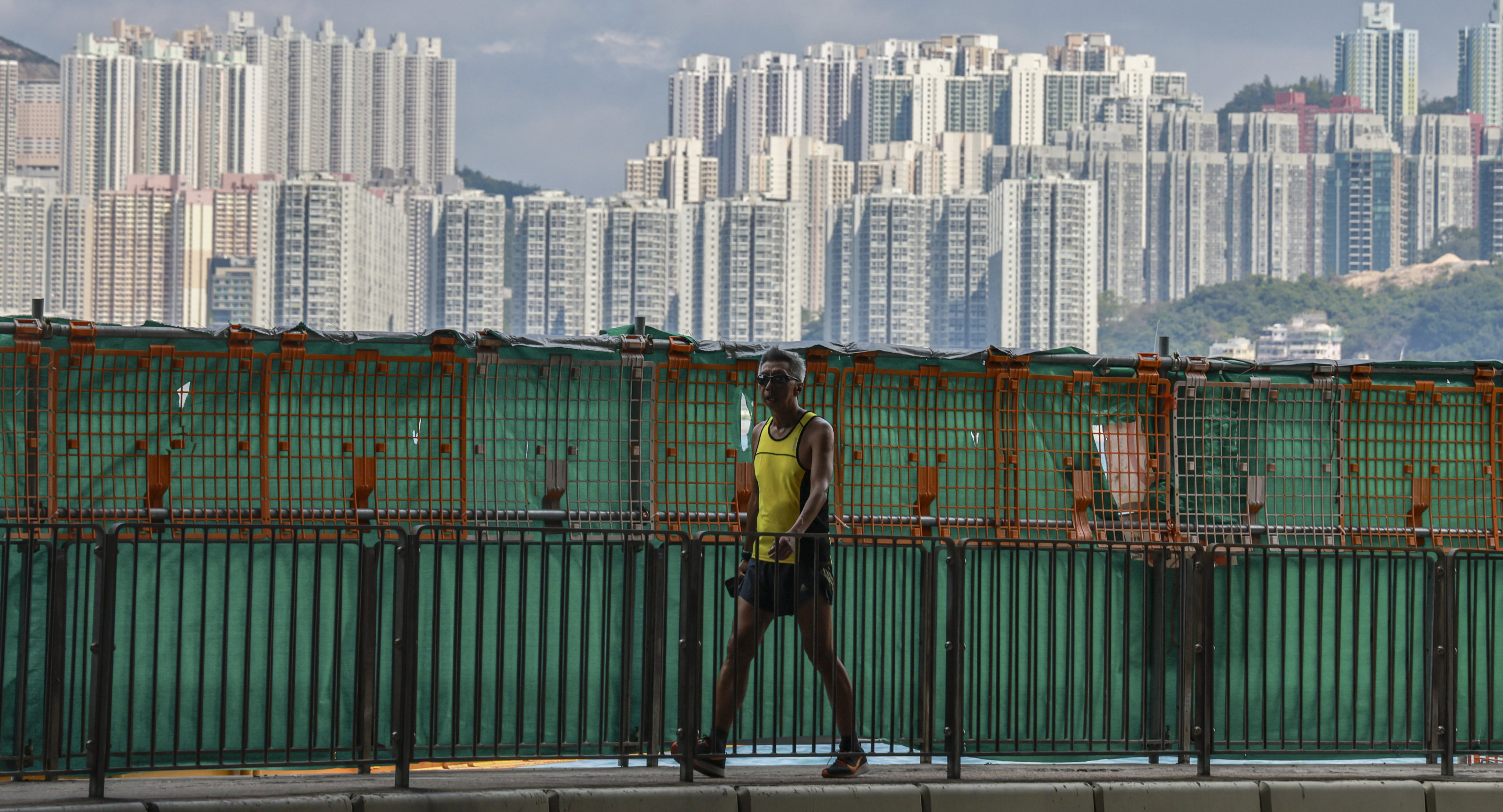Advertisement
Advertisement
TOPIC
Hong Kong stamp duty
Hong Kong stamp duty
To rein in the city's runaway housing prices, Hong Kong's Financial Secretary John Tsang Chun-wah announced an additional 15 per cent stamp duty on non-permanent-resident and corporate buyers starting from October 27, 2012. The move prompted speculation over the effectiveness of taxation on the real estate market and criticisms that Hong Kong was turning away from its roots as a free market economy in favour of a more protectionist market environment.
Advertisement
Advertisement
Advertisement
Help preserve 120 years of quality journalism.
SUPPORT NOWAdvertisement
Advertisement
Advertisement
Advertisement
Advertisement
Advertisement
Advertisement
Advertisement
Advertisement
Advertisement
Advertisement
Advertisement
